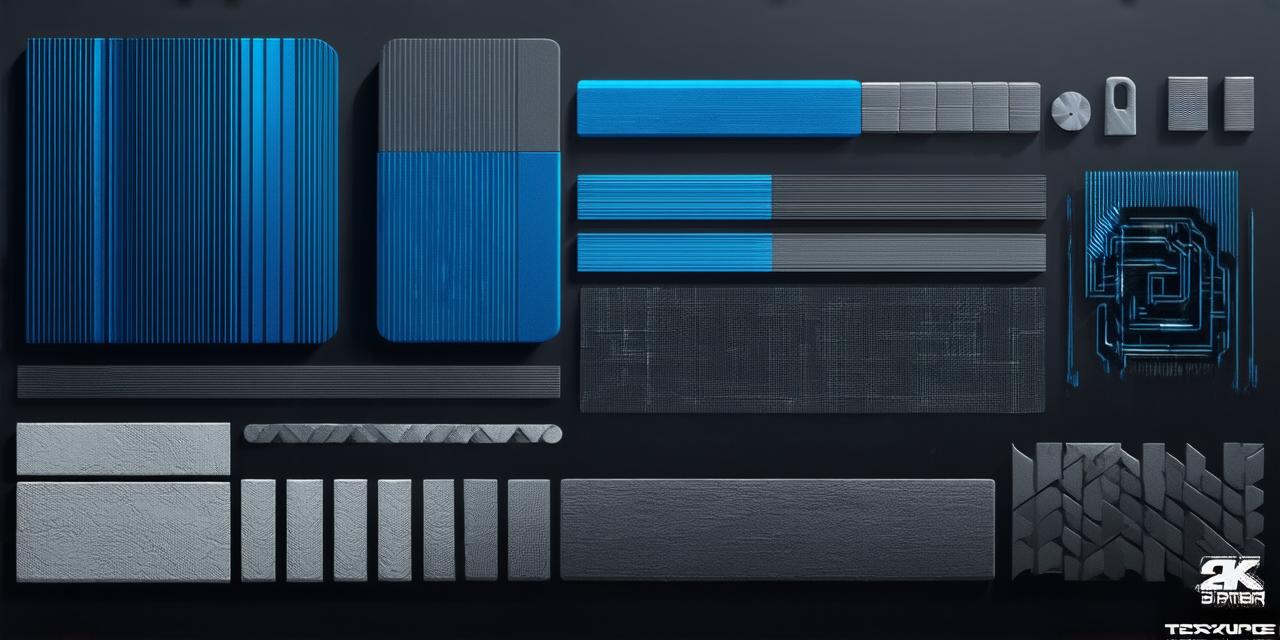Blockchain technology has become an integral part of our daily lives in recent years. From cryptocurrencies like Bitcoin and Ethereum to supply chain management and voting systems, blockchain is changing the way we store and share data.
Introduction
Blockchain technology is a decentralized, distributed ledger that records transactions on multiple computers in a secure and transparent manner. It was first introduced by an anonymous person or group under the pseudonym Satoshi Nakamoto in 2008 with the creation of Bitcoin. Since then, blockchain has evolved into a powerful tool for securely storing and sharing data across various industries.
Key Features of Blockchain Technology

Blockchain technology is characterized by several key features:
- Decentralization: Unlike traditional databases that are controlled by a central authority, blockchain is decentralized, meaning it has no single point of failure. Transactions are recorded on multiple computers in the network, making it more secure and resistant to hacking.
- Immutability: Once data is stored on the blockchain, it cannot be altered or deleted. This makes it tamper-proof and ensures the integrity of the data.
- Transparency: All transactions on the blockchain are visible to anyone who has access to the network. This makes it easier to track and verify the authenticity of the data.
- Security: Blockchain uses advanced cryptography to secure transactions and prevent fraud. Each transaction is verified by multiple nodes in the network, making it virtually impossible for a single entity to manipulate the data.
Applications of Blockchain Technology
Blockchain technology has a wide range of applications across various industries, including:
- Cryptocurrencies: The most well-known application of blockchain is cryptocurrencies like Bitcoin and Ethereum. These digital currencies use the blockchain to securely store and transfer value between users without the need for intermediaries.
- Supply chain management: Blockchain technology can be used to create a transparent and tamper-proof record of products as they move through the supply chain. This can help prevent fraud, improve product tracking, and increase efficiency.
- Voting systems: Blockchain technology can be used to create secure and transparent voting systems that allow for real-time vote counting and auditability.
- Healthcare: Blockchain technology can be used to store and share sensitive medical data securely and privately. This can help improve patient outcomes and reduce the risk of fraud.
- Smart contracts: Blockchain technology can be used to create smart contracts, which are self-executing contracts with the terms of the agreement directly written into lines of code.
Case Studies of Blockchain Technology in Action
1. Walmart’s Food Traceability System: In 2018, Walmart announced a blockchain-based food traceability system that allowed customers to track the origin and movement of food products from farm to shelf. The system used sensors and IoT devices to collect data on food products, which was then recorded on the blockchain in real-time. This helped improve product tracking and reduce the risk of contamination.
2. IBM’s Food Trust Network: IBM’s Food Trust Network is a blockchain-based platform that allows food manufacturers, retailers, and logistics companies to share data securely and transparently. The network has been used to track the origin and movement of food products, as well as improve supply chain efficiency and reduce waste.
3. MediLedger: MediLedger is a blockchain-based platform that allows pharmaceutical companies to track drug products from manufacturer to patient. The system uses unique product identifiers to record data on each drug product, including the date of manufacturing, location, and expiration date. This helps prevent fraud and improve product safety.
Expert Opinions on Blockchain Technology
“Blockchain technology has the potential to revolutionize many industries by creating secure, transparent, and decentralized systems that enable trust without intermediaries,” says Andreas Antonopoulos, a blockchain expert and author of several books on the subject. “From cryptocurrencies to supply chain management and healthcare, blockchain is already being used to improve efficiency, reduce costs, and increase transparency.”
